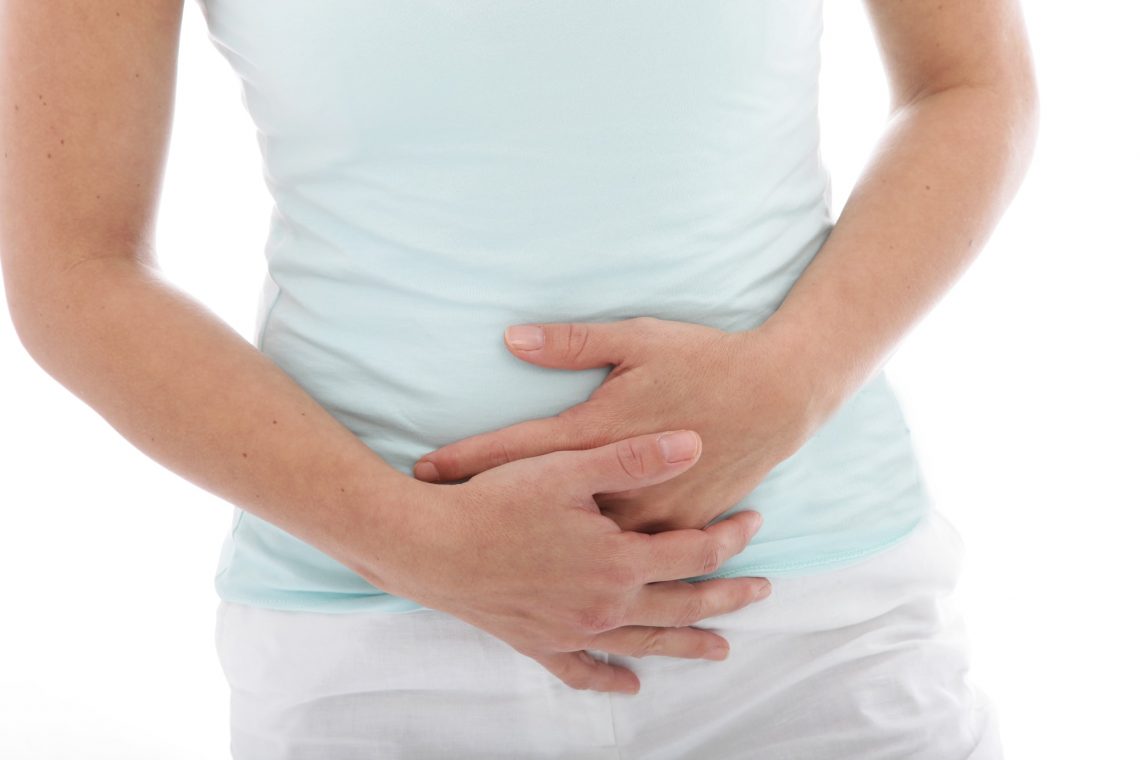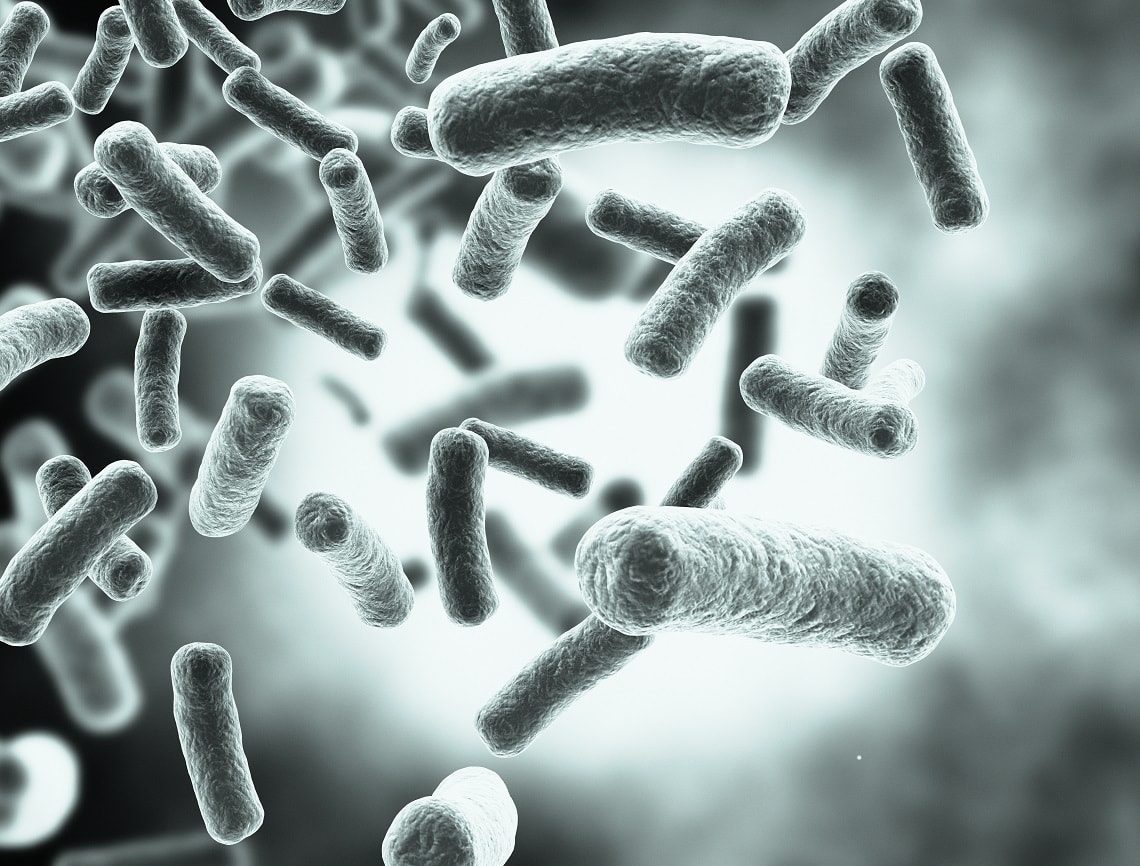Microflora and beneficial bacteria

The term “microflora” refers to a group of live microorganisms that exist inside the bodies. In the number of microbes in the stomach, pharynx, and vagina, are fungi, bacteria and viruses. They act as a protective force which strengthens the immune system, or as a destructive force that weakens the body.
There are many factors that have a negative impact on the intestinal flora and leads to its imbalance. Notable among them are the feeding habits, diseases of digestive organs, intestinal infections, stress, change, usual diet and, of course, the use of antibacterial drugs.
The good germs in the most microflora, is able to nourish the body, are called probiotics. They are anaerobic. Two of the most characteristic of the microflora probiotics are bifidobacteria and lactobacilli. Lactobacillus is partial to environments that are rich in sugar and starches.
Probiotics our body needs not only for digestion and absorption of food, but also for the prevention and even treatment of many serious diseases and conditions. Autoimmune diseases, autism, multiple sclerosis, type 1 diabetes, cardiovascular disease — the list is endless.
Found that 80% of our immune system is in the gut! And the gut is associated with such important organs as the brain, heart, skin. That is why it is so important to maintain normal microflora in the gut, than to help probiotics.
The use of probiotics is recommended in cases when the number of beneficial bacteria in the body is reduced, and problems with digestion.

8 facts about microflora and probiotics:
The intestinal tract of humans inhabit more than a billion microorganisms.
It turns out that in our body there are over 500 different species of bacteria. Only half of the strains known to date.
The microflora of each child begins to form during birth and continues to form for up to 2 years.
The total weight of the intestinal microflora of an adult can reach up to 2 kg. Even our brain weighs less.
In the human body ten times more bacteria than its own cells.
It is proved that probiotics produce a huge number of vitamins such as vitamin a, vitamin K, vitamins of group B.
A lack of beneficial microorganisms can be a cause of allergies and asthma.
One third of our intestinal microflora is common for most people, while two thirds are specific to each individual.